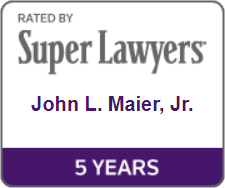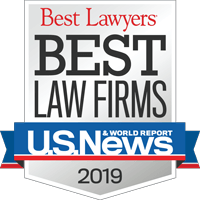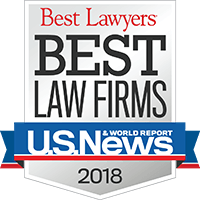“Ask Your Attorney” Column
Ask Your Attorney
About What I Should Know Before Buying A Condo
Dear Counselor: My wife and I are now retired, and thinking of selling our home and downsizing. We’ve looked at a nice condo in a complex which seems nice. It’s available for a “bargain basement” price, but we don’t know what we don’t know about condos. We never owned one. Can you give me one or two “must” things to check out?
Dear Client: So, you’ve found your “dream” condo, but you don’t want to get stuck with a lemon. Prices are low, so there are good buys out there — but these days it isn’t necessarily easy to live in a community where former homeowners have to get used to living under rules, and pay monthly fees — which is how condo associations maintain all of the common areas and amenities used by everyone. So before you decide to close, do some sleuthing on your own, to see whether you are indeed going to be living your dream, or experiencing a nightmare! Besides getting all the condo documents (that show you who owns what, who is responsible for which repairs, and what rules there are), ask for copies of the meeting minutes from the last year, and see who has been complaining about what, and what types of problems the board is dealing with. If you buy in, these will become your problems. Secondly, check the financial statements to make sure expenses aren’t exceeding revenues. Ask if there is a “reserve study” you can look at. A reserve study takes a look at all of the long-term anticipated repairs and replacements that take place over time [such as roof replacement], adds up the costs and specifies how much money needs to be put away yearly to pay for the roof when it needs replacing in the future. If no reserves are being saved, when the new roof is put on, every owner will be slapped with a big assessment to cover the cost — and you don’t want that surprise to happen to you a month or two after you close! Find out who manages the condo – the owners, or a professional management company — talk with them, and get a sense of how well things are being run. Take a look at the common areas to see how well they are being cared for. Find out if the rules permit you to rent your unit, or not, if that is important to you because if the rules say “NO” you won’t be able to rent the unit if you can’t occupy it yourself. These are my opening set of suggestions. If you get through all that, and still want to proceed, call me and we can go through the next set questions on my condo checklist. Good luck!
Sincerely,
John L. Maier, Jr.
Marcus Weden
Sweet & Maier, S.C., Attorneys
114 N. Church St.
Elkhorn, WI 53121
608-291-3958
www.wisclaw.com




